
Experts recommend regularly defragmenting a hard disk: this will increase the speed of the computer and improve the overall stability of the system. This procedure occurs in several stages, and users unfamiliar with it fear, no matter how defragmentation does not depend. Today we will answer the question of how many passes are required for Windows 7.
Determining the number of passes
The meaning of the procedure is to combine data clusters, which reduces the time of access to files and thus slightly accelerates the speed of the computer. Usually, a certain number of passes is required for this, since the process of the drive occurs during the process. The number of required depends on the following indicators:- the scope of the drive;
- computer power;
- interval between procedures;
- The number and size of files on the disk.
Now more for each item.
The volume of the drive
The current HDD reaches the volume in terabytes, which is equal to thousands of gigabytes. Accordingly, the number of individual clusters of data on such drives can be calculated by millions, which goes by itself the time that the system spends on defragmentation. Consequently, the number of passes is directly proportional to the volume of the hard disk: the more its capacity, the greater the passages will be produced.
Computer power
Next important parameter - PC hardware capabilities or laptop. Usually, in the process of defragmentation, both the central processor and the RAM is activated: the first manages the procedure, while the second saves the data for the subsequent record. Consequently, the more powerful CPU and RAM, the less passes need.Interval between procedures
During the operation of the computer, the data is constantly fragmented: the OS and user applications actively use the drive for their tasks, so it is important to carry out a procedure at regular intervals. If fragmentation is carried out irregularly, the number of data clusters is growing, why each subsequent manipulation will occupy more and more time and, accordingly, passages.
Number and size of files on disk
A considerable role is also played by the number and size of the contents of the disk. The case is in the features of the file systems that use Windows 7: a few large files are fragmented less than a thousand small size. So a disk with multiple films in high quality will be defraganized faster than the drive with tens of thousands of text documents.Thus, we can draw the following conclusion: a powerful computer with an HDD relative to the small volume, which stores large files, will require less defragmentation passages than an office PC with a large disk that contains a lot of text documents. Alas, but the exact number of operations for a particular computer cannot be calculated - it is worthwhile to navigate the average in the amount of 10-12 passes.
Defragmentation takes a long time
If defragmentation takes a long time or makes the impression that it hung up, the following steps should be performed:
- Just wait - as we have already mentioned above, the operation under consideration takes a lot of time and can last more than a few hours.
- If the operation lasts for 5 hours and more, but no visible progress is observed, most likely you really encountered a problem. The procedure should be canceled - there will be no consequences for the computer.
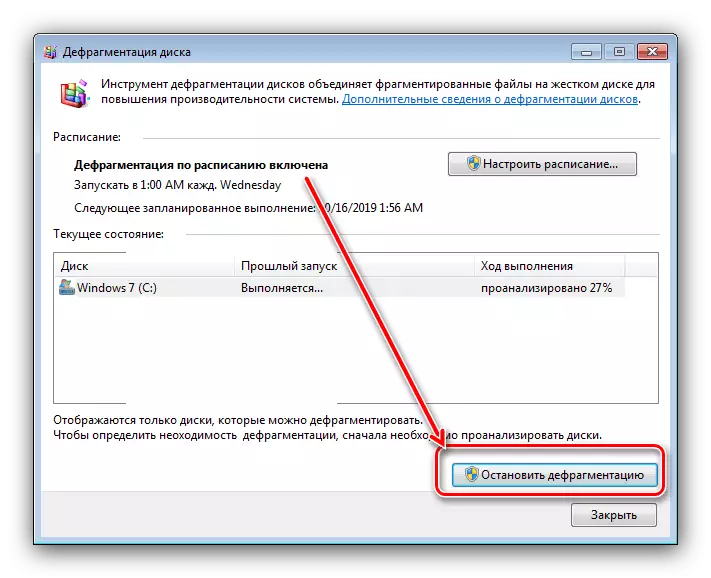
If the process is hung, it can be disabled by means of the Device Manager. Press the CTRL + SHIFT + ESC key combination, then in the task list, find the appropriate defragmentation program and click on it right-click. Select "Go to Process".
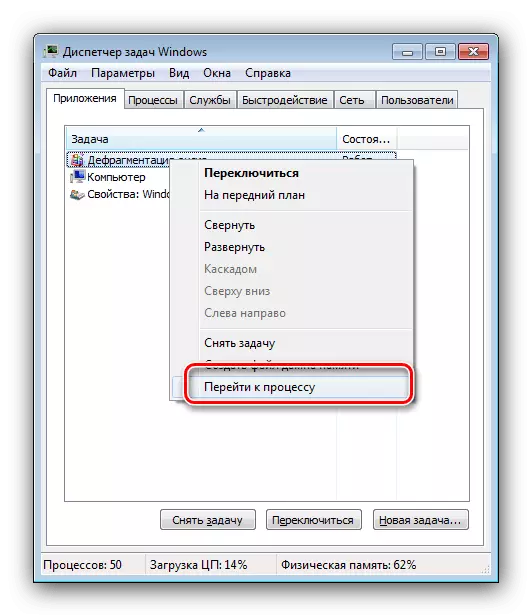
Highlight the found process, click on PCM and select "Complete Process".
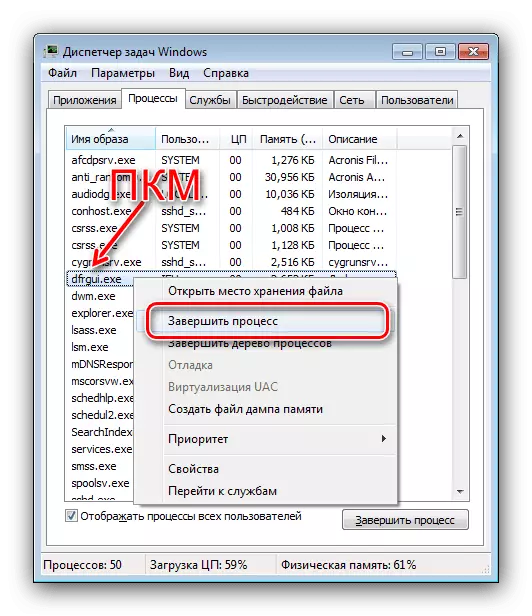
In a warning window, confirm your intention.
- After the compulsory completion of the defragmentation, we recommend checking the disk on errors - as experience shows, hanging during the cluster combining it is a symptom of an HDD ambulance.
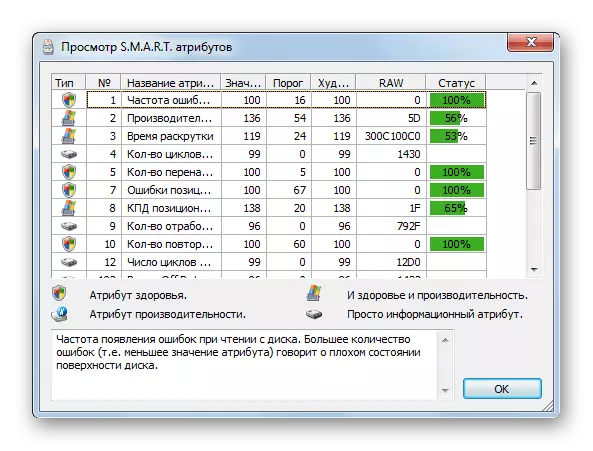
Read more: Checking disk on Windows 7 errors
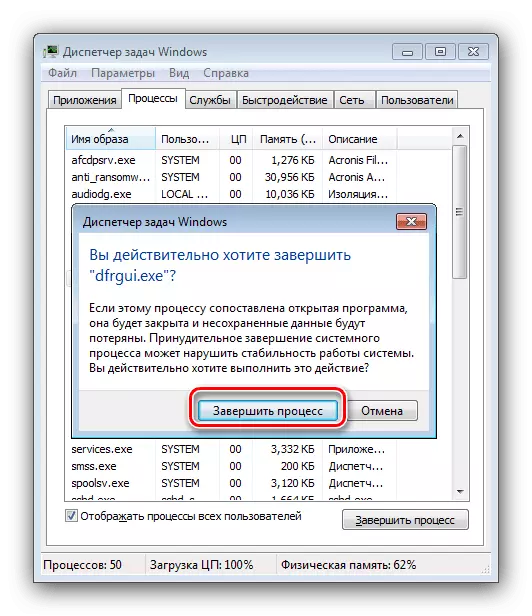
Conclusion
Now you know how an approximate number of passes is occupied by the procedure for defragmentation of the disk on Windows 7, as well as the reasons for which it may freeze. As you can see, the number of passes depends on many factors.
